This course concentrates on the different representations of India as an ‘exotic geography’ in selected 20th and 21st century literature and film. In both these media, the theme of cross-cultural encounters is analysed from a decolonial and global perspective with the focus on India as a space of cultural connections and conflicts. Students will explore India as an ideal travel destination from the perspective of diverse (mainly Western) travellers, whose fantasies about India tend to clash with the ground realities. Indeed, the traveller is as important as the country to which he or she has travelled. Hence, the traveller will remain a significant subject of inquiry in the seminar. Starting with travellers in post-independence India to travellers in modern India, the course lays emphasis on the various dimensions of Indian history, culture, politics, and economy. To meet these objectives, the course covers representative works of travel literature and film, which explore themes of quest and self-discovery, travel as escape or transformation, the confluence of physical and inner journeys, gender and sexuality, mobile identity and shifting belonging, illusion and reality, dream and nightmare, and the relations between Westerners and Indians. Drawing upon travel theory as a reading methodology, students will be given a thorough grounding in both theory and methodology so that they can understand how both travel literature and film help to decipher travel’s role in the representation and production of India in our globalized world. Upon completion of the course, it is expected that students can show their understanding of India in travel literatures and films in class presentation and in the exam or term-paper.
- Trainer/in: Nadia Butt
- Trainer/in: Tasnim El Fechtali
- Trainer/in: Michelle Stork
